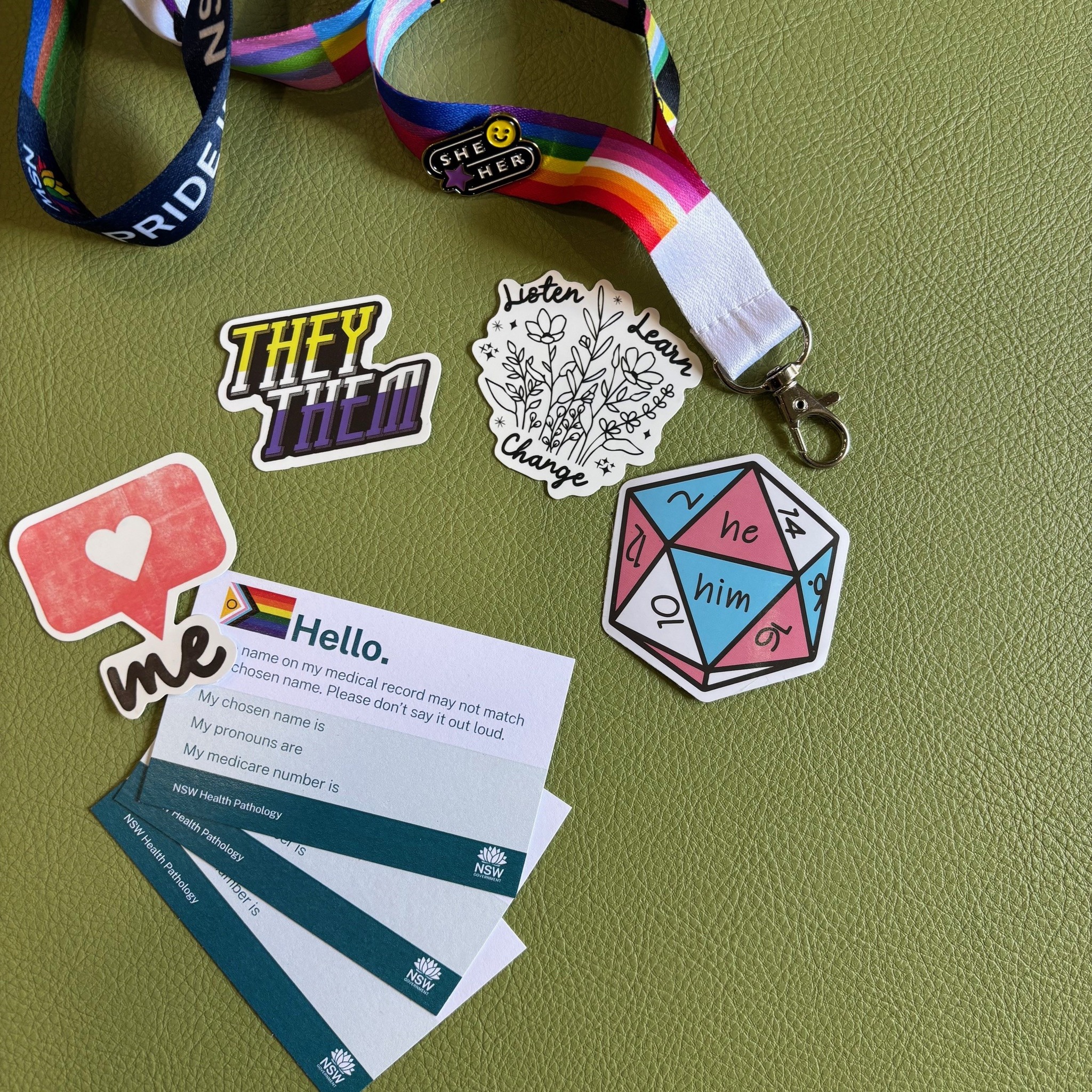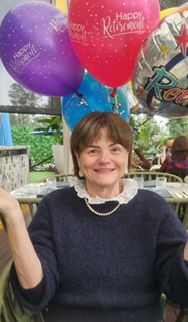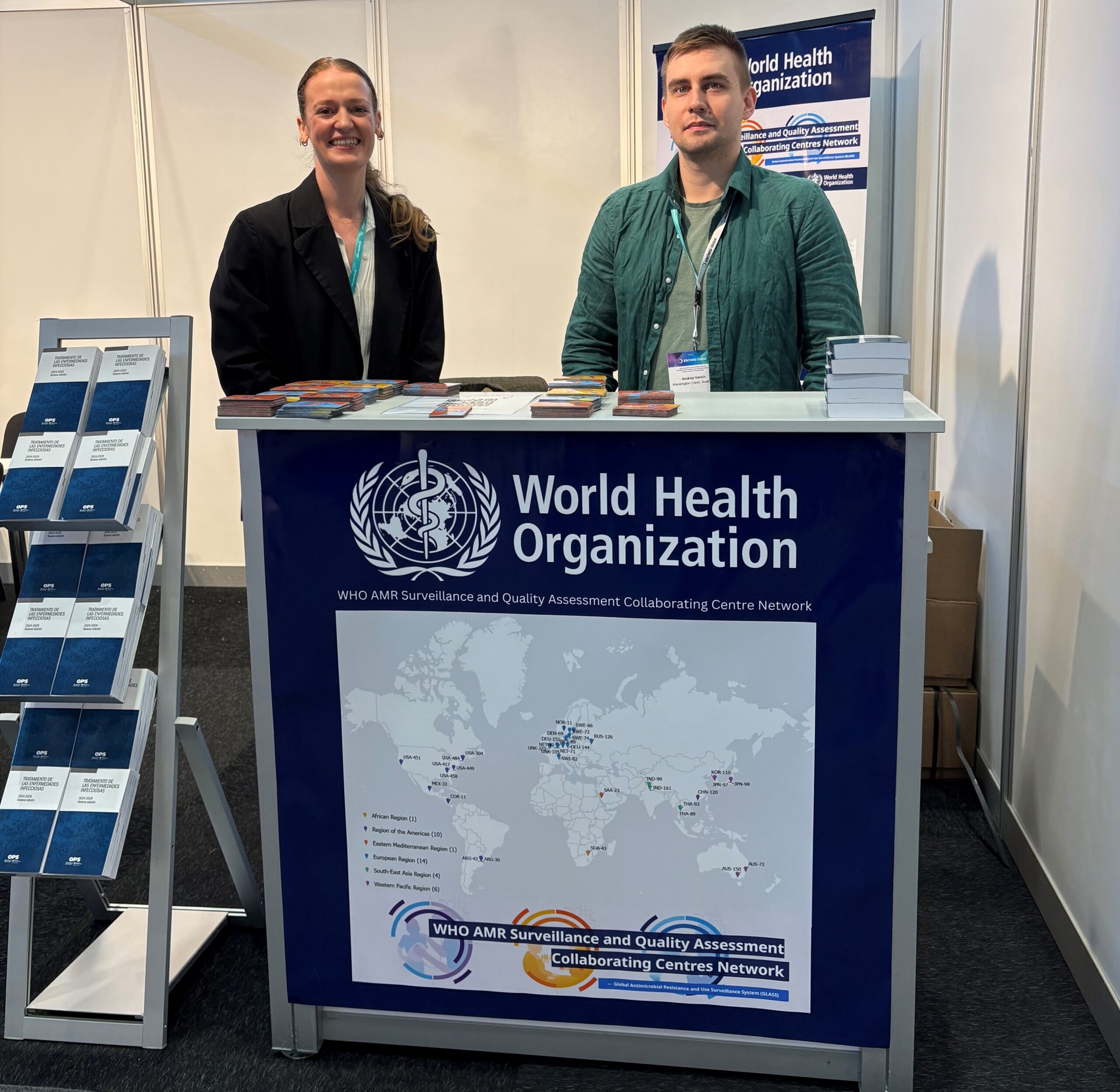Almost half a billion dollars will be invested in NSW Health Pathology’s new statewide hub at Westmead Hospital, delivering new and enhanced pathology services for the people of Sydney and regional NSW.
The announcement was made during a visit to the Westmead laboratory this week by the NSW Premier Chris Minns, alongside the Minister for Health and Regional Health Ryan Park.
The funding will be included in the upcoming June state budget and represents the single largest injection of funds in pathology infrastructure in recent times.
In addition to the new build for the Institute of Clinical Pathology and Medical Research (ICPMR), the investment will also deliver an upgrade to the high security PC4 biocontainment laboratory at Westmead – the only one of its kind in the state.
This PC4 laboratory tests, isolates and conducts research on high-risk pathogens that have the potential to be a major infection threat to the wider community such as measles, influenza, and COVID-19, as well as global threats such as Ebola.
Built in 1978 with minimal refurbishment since, the Westmead laboratories conduct 10,000 pathology-related tests every day.
NSW Health Pathology Chief Executive Vanessa Janissen says the labs at Westmead are no longer fit-for-purpose.
“It’s an exciting opportunity for us to design landmark pathology laboratories that will serve the rapidly growing communities in Western Sydney region and offer integrated support for all our laboratories right across NSW,” Ms Janissen said.
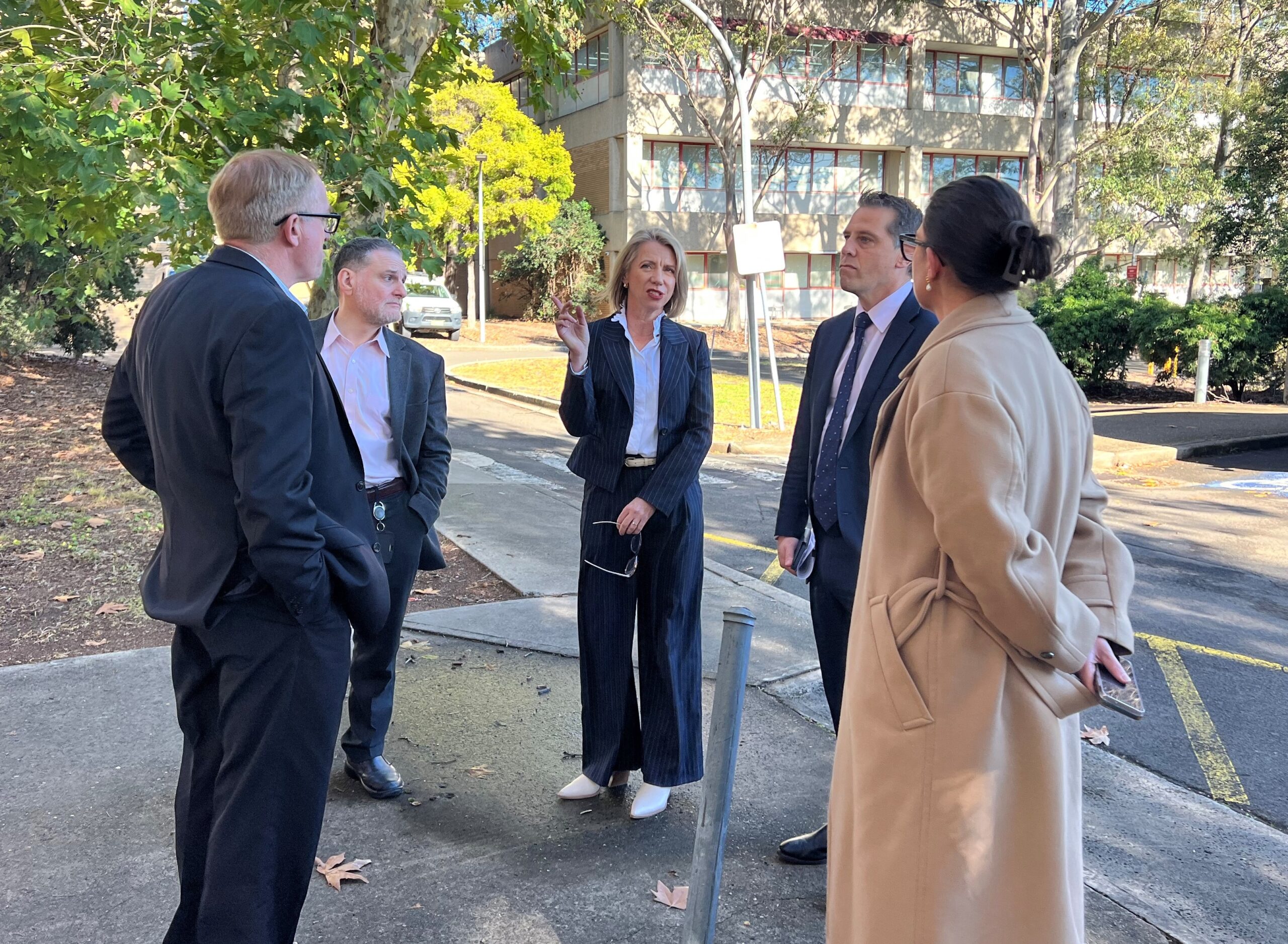
“The Statewide Hub will be designed to enhance future-ready diagnostic services, bolster our public health response and pandemic preparedness, and advance cutting-edge medical research and training,” she said.
“This will be a turning point in how we deliver pathology services across NSW. It provides the opportunity to capitalise on rapid advancements in new and emerging technology for this site and across our other laboratories as we continue to work as an integrated network of laboratories.”
NSW Health Pathology’s Director of ICPMR Westmead, Prof David Brown says the state-of-the-art pathology hub will be the largest public pathology laboratory in NSW.
“It will harness the power of automation and robotics providing 10,000 critical clinical results every day to medical teams, ensuring they have fast access to quality diagnostic information to inform timely treatment of patients.
“This is about ensuring every patient receives the right test, at the right time with the right result.”
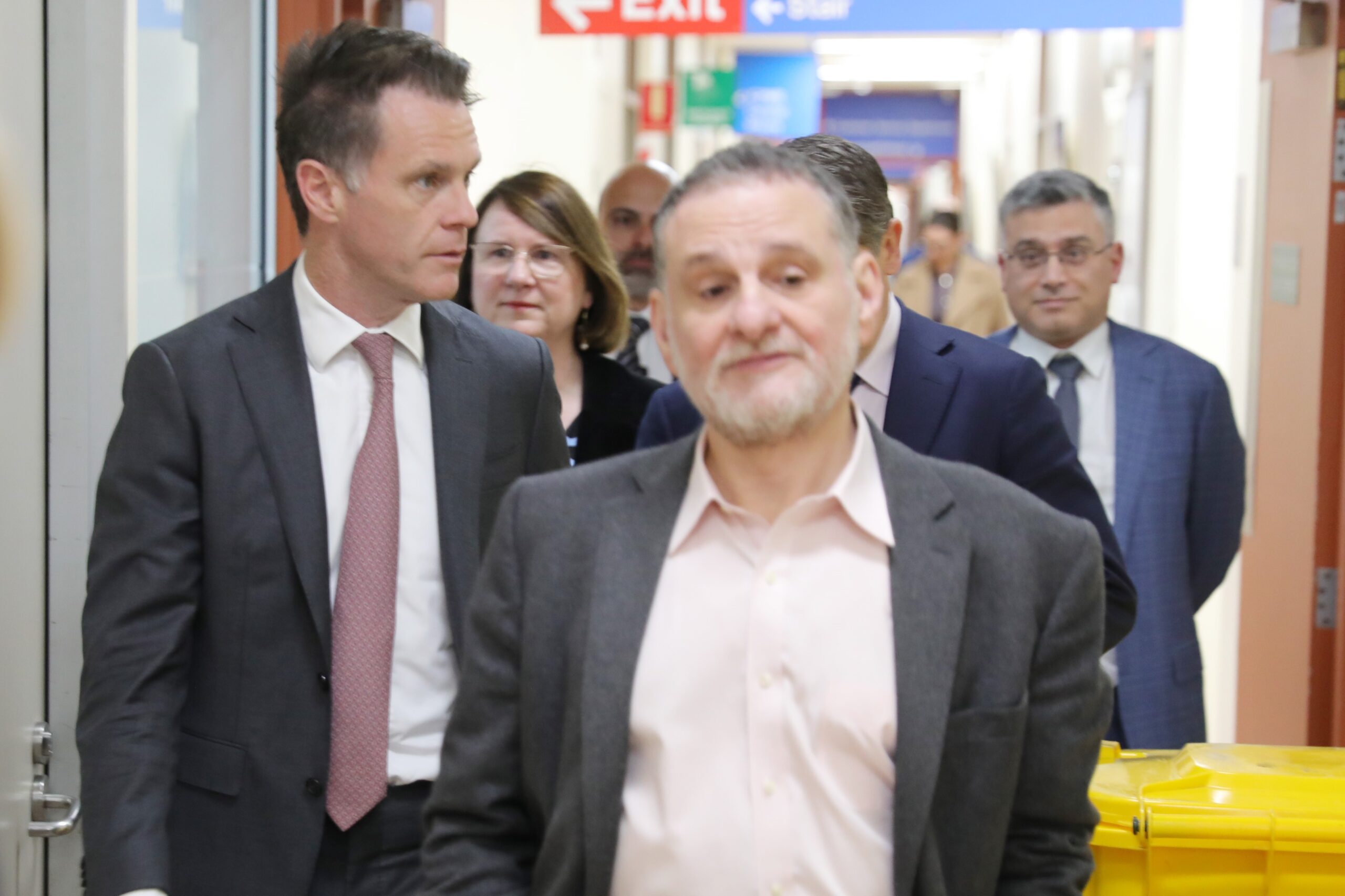
The Statewide Hub will enhance the speed and accuracy of diagnosis for cancer patients with cutting-edge digital technology providing access to world leading specialist pathologists across the state. It will enable precision medicine at scale for NSW.
It will accelerate the adoption of cutting-edge genomics sequencing capabilities that will ensure NSW patients have access to personalised treatments based on their needs.
The Hub will enhance NSW Health Pathology’s research and innovation capabilities, supporting vital testing for access to clinical trials and critical partnerships in translational research with Local Health Districts and universities.
It will also be the launchpad for future medical leaders with training for pathologists and scientists ensuring NSW attracts and retains the next generation of world leading healthcare professionals.

